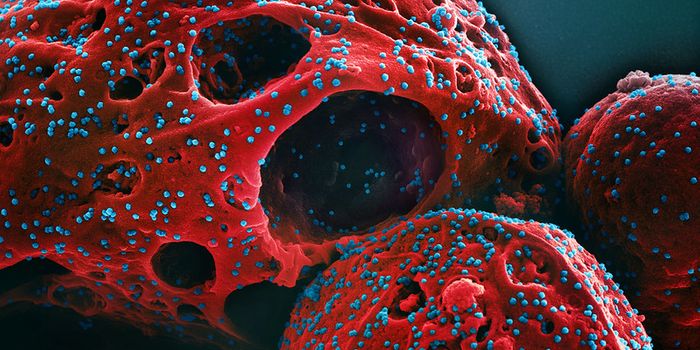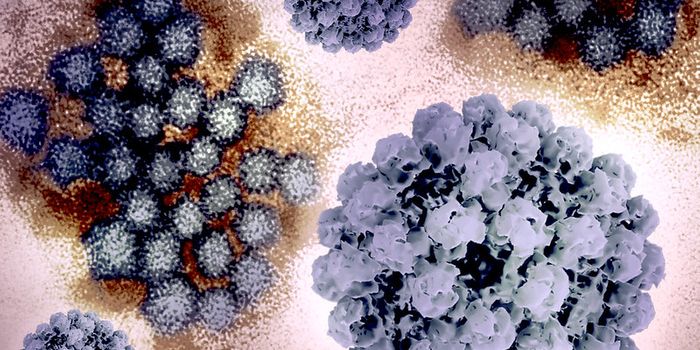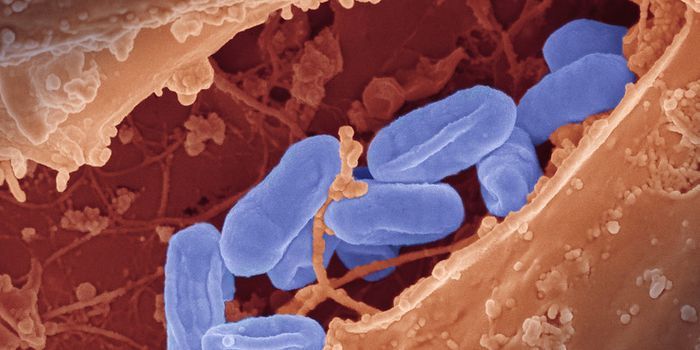Manuka Honey Helps Treat Drug Resistant Lung Infections
Experts are warning that the number of drug-resistant bacterial infections will increase in the coming years, and these dangerous illnesses already claim the lives of tens of thousands of people every year. While scientists are well aware of the problem and have been searching for new antibiotics, novel drugs are difficult and expensive to create, and they don't always work well in the end. Some success has been found with drug combinations, and there are candidates in development. Now scientists have also found that natural, manuka honey, which is known to have a broad-spectrum antibacterial effect, can be useful in the treatment of deadly lung infections caused by Mycobacterium abscessus. The honey also lowers the risk of side effects posed by a drug that is now used to treat those infections. The findings have been reported in the journal Microbiology.
Honey is known to stimulate the immune system. Manuka honey is made from the Leptospermum scoparium (manuka) plant, whicih orignated in New Zealand. Manuka honey has been shown to inhibit an array of bacterial and yeast pathogens, including multi-drug resistant bacteria. It can prevent biofilm formation or interfere with formed biofilms.
M. abscessus infections tend to affect cystic fibrosis (CF) or bronchiectasis patients. The bacterium is also very resistant to a variety of drugs. CF patients carry a genetic mutation that interferes with their ability to clear mucus from the lungs. This buildup of mucus greatly increases their risk of lung infections. It can be nearly impossible to get cure M. abscessus infections in CF patients, and when these individuals need a lung transplant, they can't get one if they have the infection.
This research used several lab assays to show that when manuka honey was combined with an antibiotic called amikacin, M. abscessus growth was inhibited. These tests included M. abscessus pathogens that had been isolated from 16 different samples taken from CF patients.
Manuka honey was formulated to be used in a nebulizer in this study, so it could potentially be inhaled by patients with a lung infection, and it was combined with amikacin. When honey and amikacin were used in a nebulizer together, they were able to clear the bacterial infection at lower doses of amikacin than those that are normally needed. Thus, patients that might be treated in this way are less likely to experience side effects from amikacin.
Right now, people with M. abscessus infections are treated with an antibiotic cocktail for more than a year, and that approach is not always successful. Amikacin doses tend to be around 16 micrograms per milliliter. In this study, the researchers were able to eliminate M. abscessus with only two micrograms per milliliter of amikacin by combining the drug with manuka honey.
"This [research] has the potential to significantly reduce amikacin-associated hearing loss and greatly improve the quality of life of so many patients, particularly those with cystic fibrosis," noted senior study author Dr. Jonathan Cox of Aston University. "I am delighted with the outcome of this research because it paves the way for future experiments and we hope that with funding we can move towards clinical trials that could result in a change in strategy for the treatment of this debilitating infection."
Sources: Aston University, Microbiology









